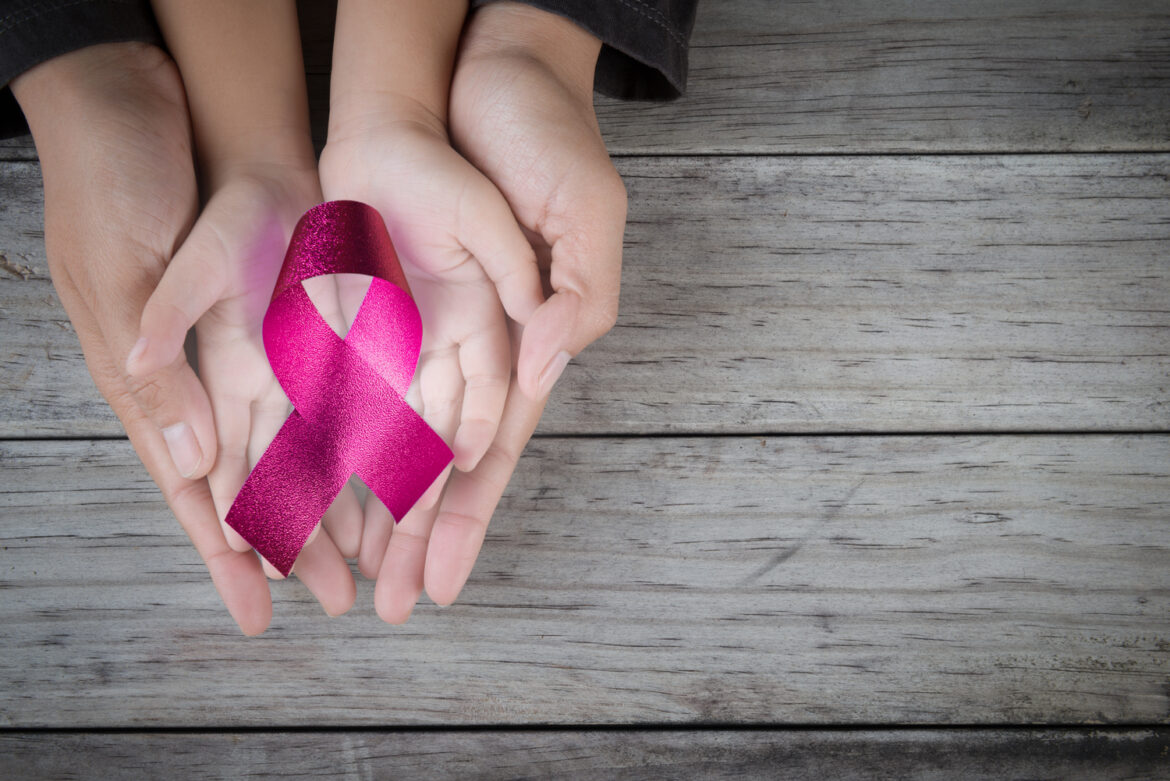Cancer is one of the leading causes of death in the US and around the world. However, early detection and treatment can go a long way in improving the chances of being cured and making a full recovery.
Here are the basics when it comes to understanding cancer, its symptoms, and causes.
What Is Cancer?
Cancer refers to a range of diseases that involve uncontrollable reproduction of certain cells in the body which over time divert resources from, and destroy healthy body tissue. It oftentimes can also spread to different parts of the body.
Signs and Symptoms of Cancer
Depending on the type of cancer and the parts of the body that have been affected, symptoms can include some or all of the following.
- Persistent pain
- Persistent fever
- Fatigue
- Changes in bowel or bladder patterns
- Changes in skin
- Difficulty swallowing
- Trouble breathing or persistent cough
- Lumps that can be felt under the skin
In the case that you develop any persistent symptoms, it is best to see your doctor at the earliest.
Causes of Cancer
Cancer is caused due to damage to the DNA inside cells and gene mutation which causes cells to become cancerous. These mutations lead to cells multiplying or growing uncontrollably or cause errors in DNA repair. In most cases, gene mutations from different causes accumulate for cancers to form. However, the exact mechanism for this isn’t clear. Gene mutations can be caused due to:
- Natural mutations that aren’t automatically repaired.
- Smoking, radiation, carcinogens, hormones, obesity, chronic inflammation, viruses, and harmful chemicals.
- Inherited mutations that account for a small percentage of cancers.
Risk Factors for Cancer
Although a majority of cancers occur in people having no known risk factors, certain risk factors for cancer are:
- Age: Cancers tend to develop over time with those above the age of 65 being at a higher risk.
- Lifestyle: Certain habits such as regular smoking, drinking, exposure to the sun, being obese, and unprotected sex can increase the risk of developing cancer.
- Family history: Although only a minority of cancer cases are inherited, it is possible for mutations to accumulate. Those having a family history of cancer tend to have a higher risk of developing cancer.
- Environmental factors: Certain environmental factors such as exposure to harmful chemicals, second-hand cigarette smoke, toxic fumes, and other carcinogens have shown to increase the risk factor of developing cancer.
